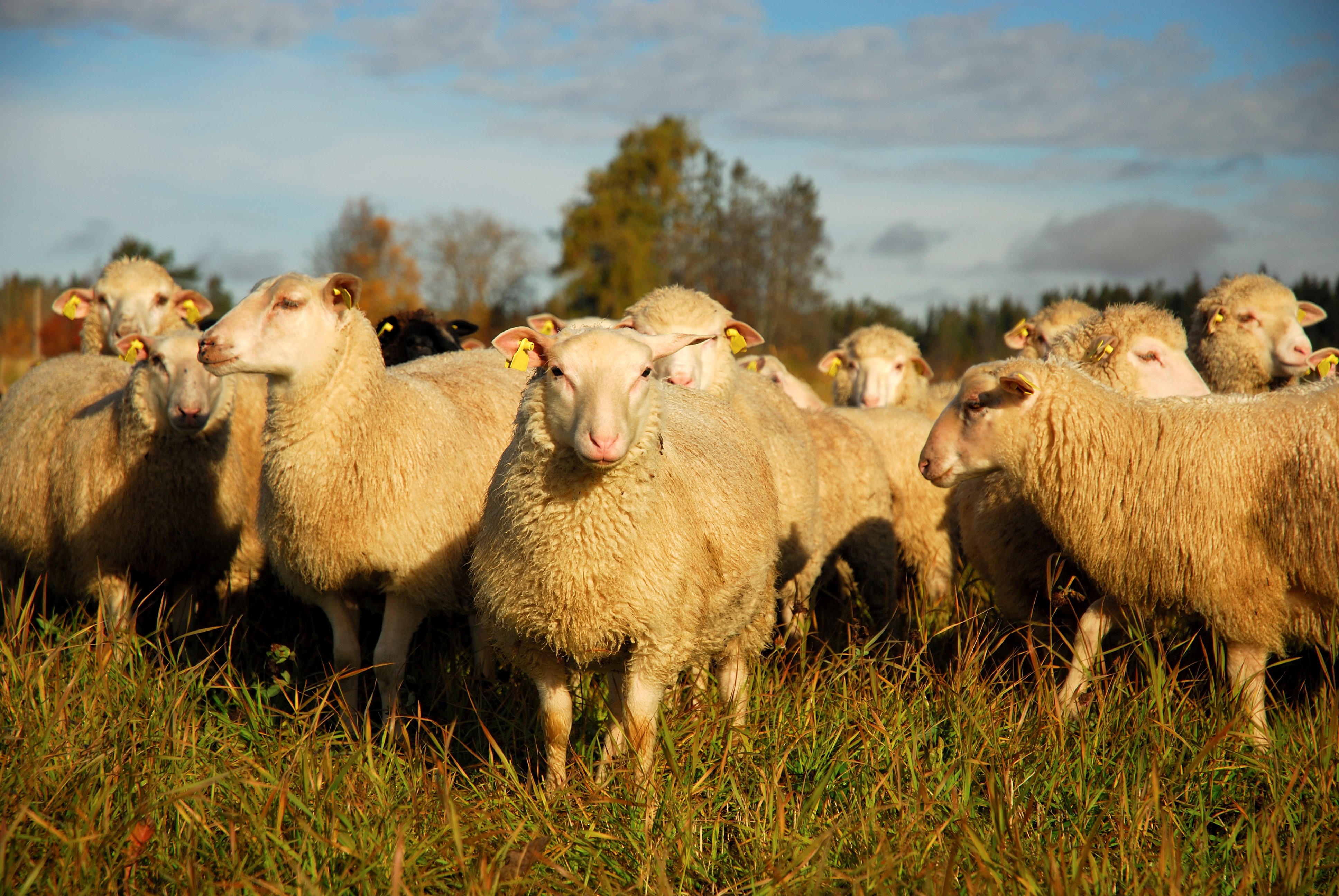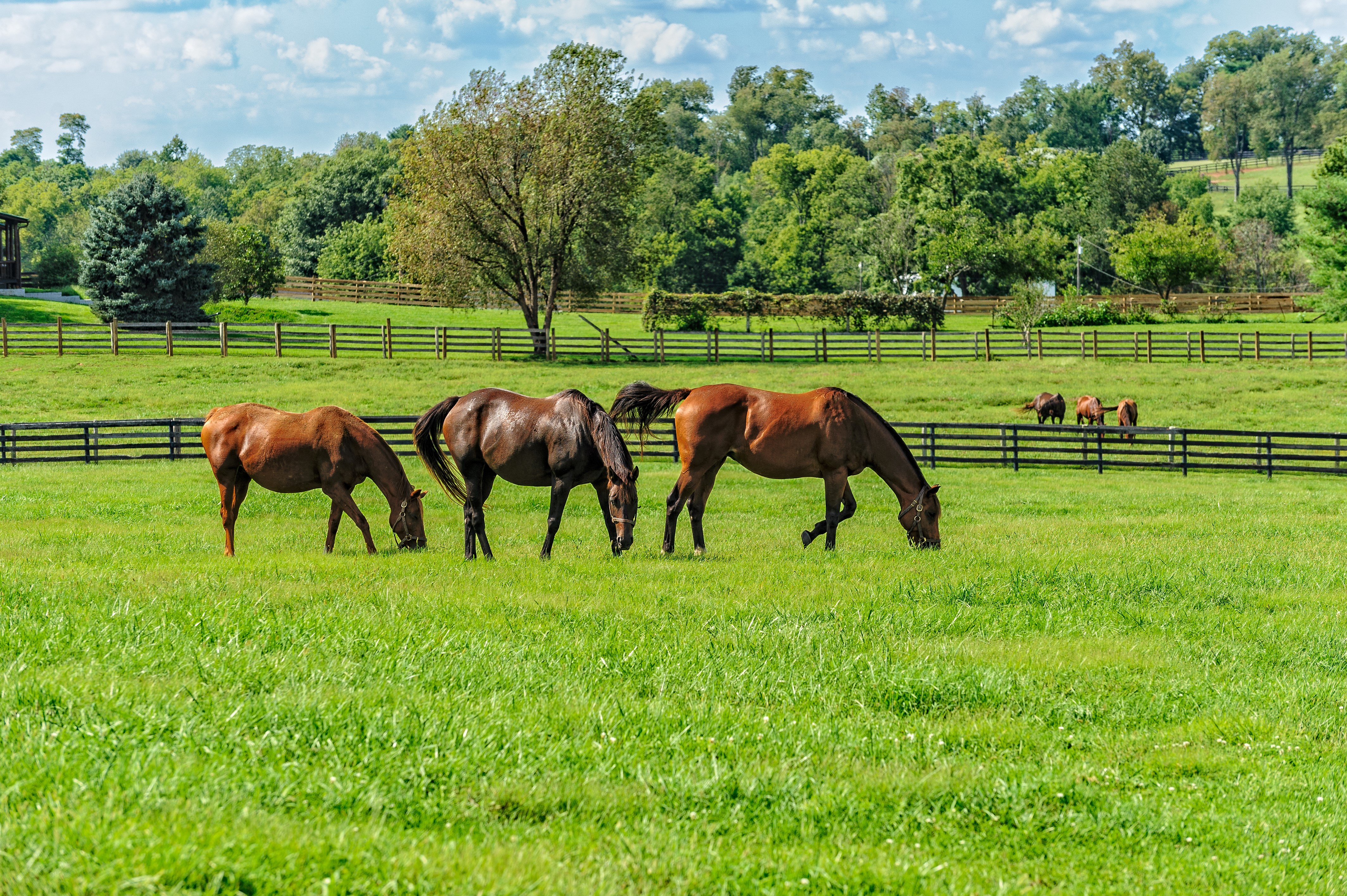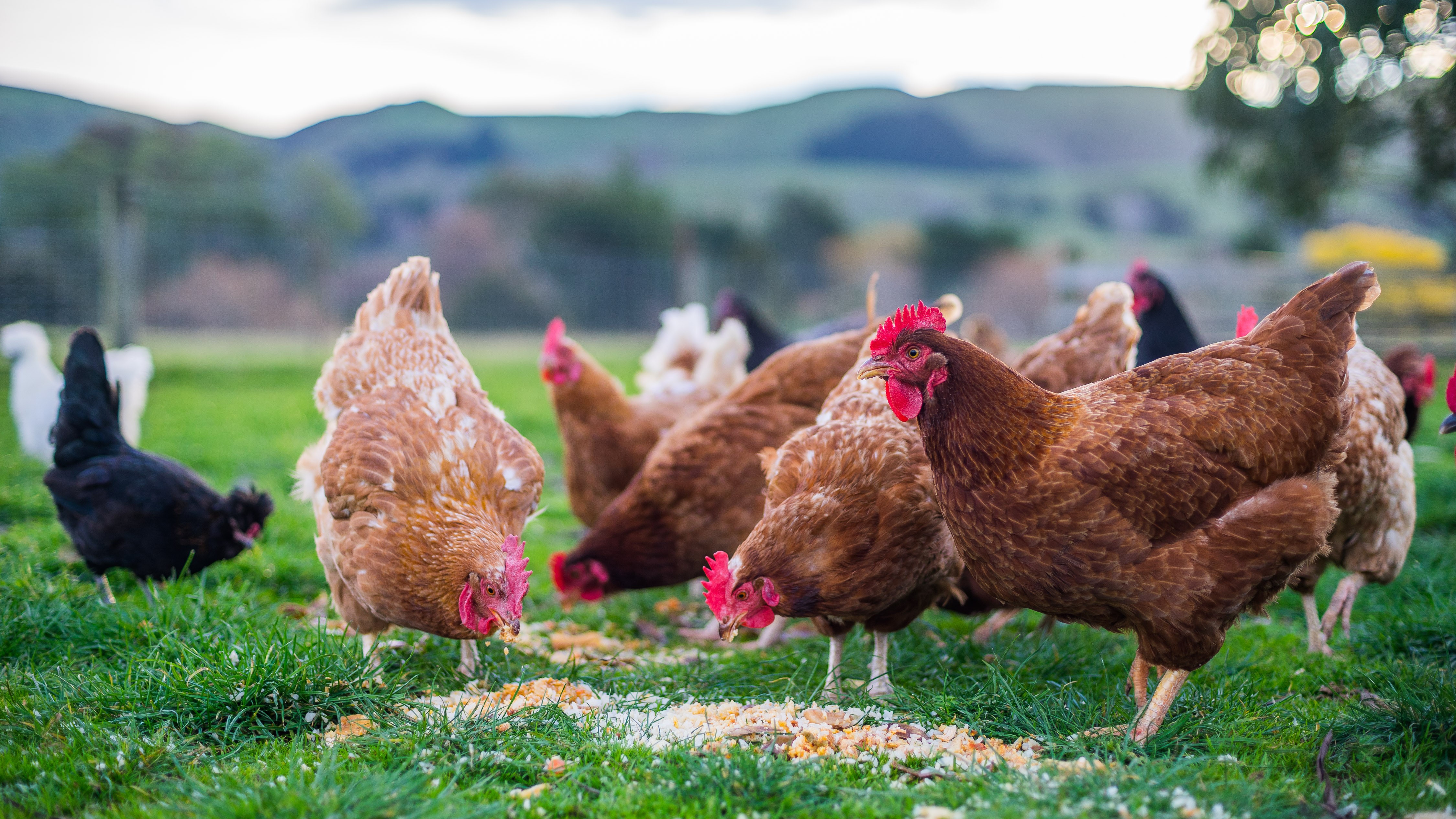Silage testing – Supporting the transitioning cow and reducing the risk of Milk Fever
It is not too late to test your silage for feed quality and minerals.
If you have not already tested this year’s silage crop it is advisable to do so now to allow you to balance energy, protein and minerals and help prevent diseases such as milk fever in the peripartum cow.
Mineral balance in silage will vary from farm to farm and also from year to year depending on factors such as grass composition, fertiliser use and climatic conditions during the growing season. It is advisable that the silage / forage fed to your dry cows is tested for minerals and any deficits are then balanced in the dry cow mineral fed.
While we all know that calcium balance is important to get right in the dry cow period to reduce risk of milk fever. Too much calcium in the dry cow period can result in a reduction of the cow’s ability to mobilise calcium when she needs it around calving. This can lead to an increased level of milk fever cases in the herd.
It is also vital that both magnesium and potassium are also correctly balanced. Magnesium is needed by the cow to help with absorption and metabolism of calcium around calving. High potassium silages are often a problem. Too much potassium can slow down the absorption of calcium in the rumen. An imbalance of either of these in the diet can also increase milk fever cases.
Clinical milk fever results in a reduction in the muscle’s abilities to function. This starts with muscle tremors and proceeds to the inability to stand, heart dysfunction, reduction in cognitive ability in cows who require rapid intervention to prevent death.
In addition to clinical milk fever, sub-clinical milk fever cases will also increase. This can lead to increased levels of retained placenta, endometritis, displacement of the abomasum, ketosis and mastitis in the period immediately after and around calving and this then has knock on implications for the future production, fertility and health of the cow.
Knowledge of mineral imbalances in silage at this stage will allow proactive actions to be taken to try and mitigate these risks.
Please contact your farm advisers and private veterinary practitioners for further advice.
Your vet can submit blood samples to the Regional Veterinary Laboratories (RVLs) from transition cows to check the energy, protein and mineral status of your cows.






